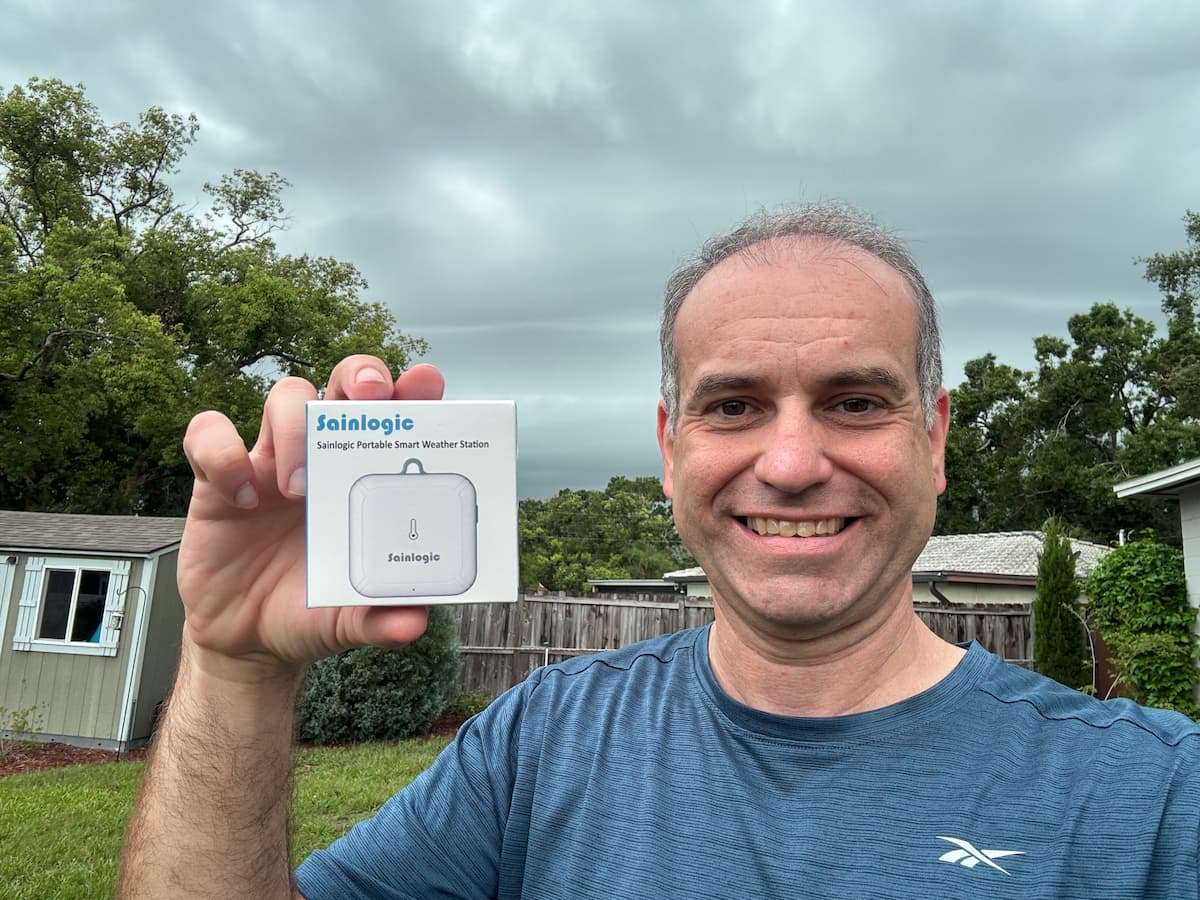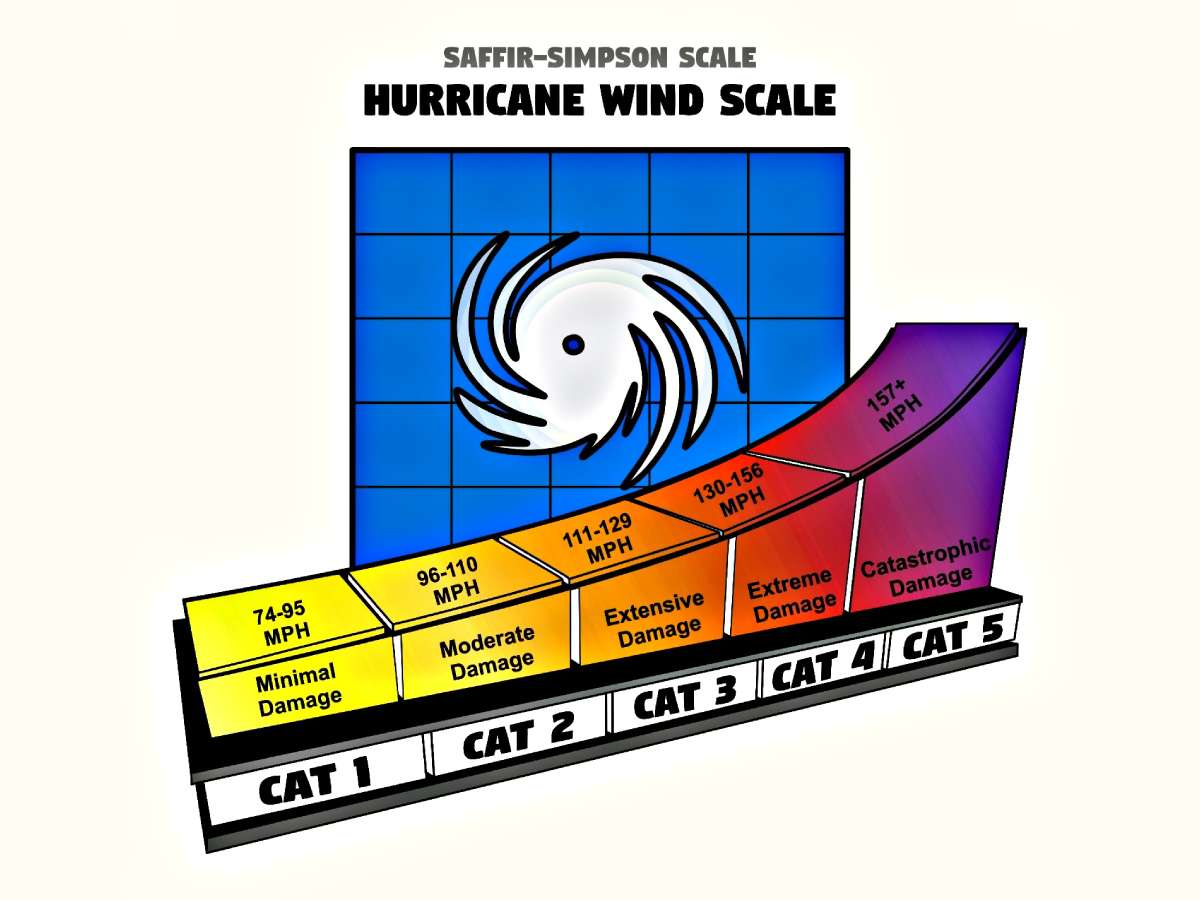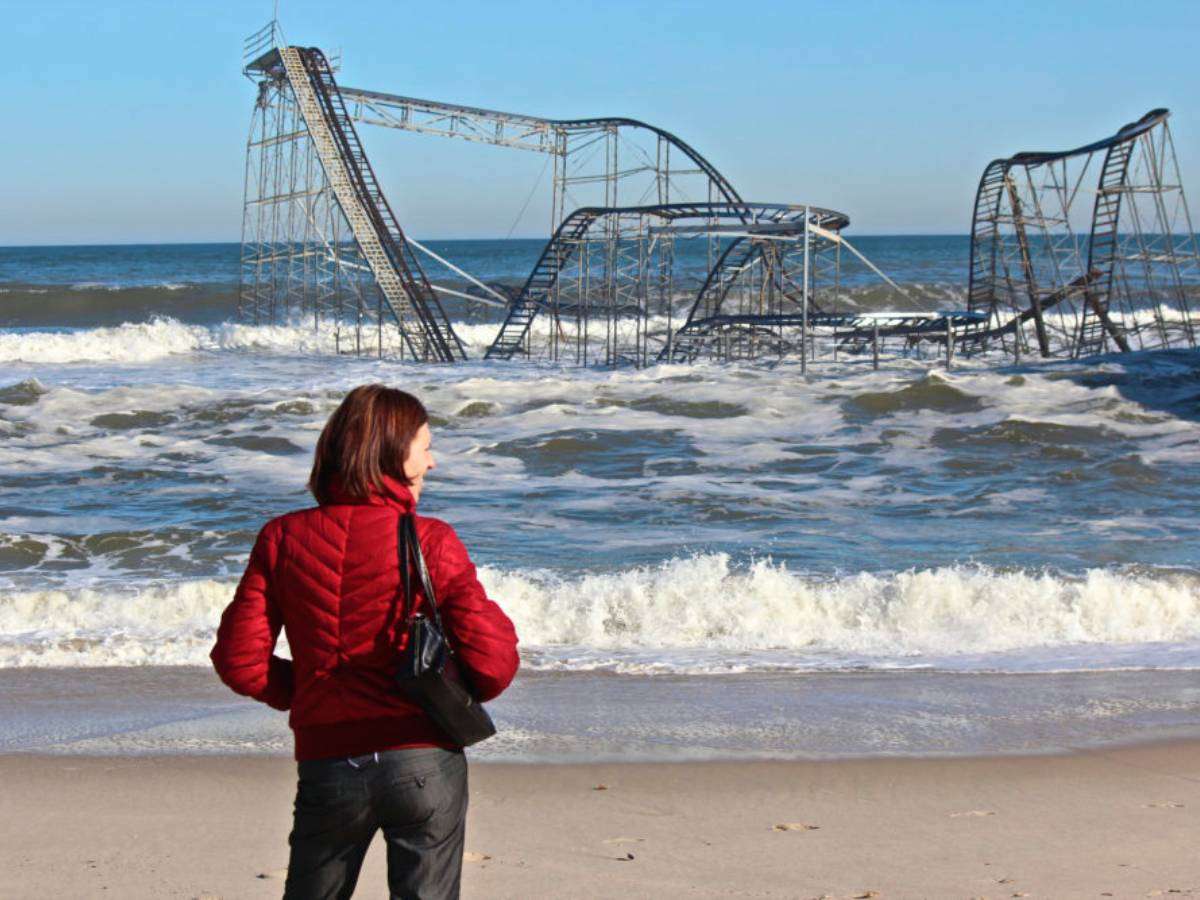Heat Waves 101
Summer weather is hot, but some days during the summer months just get too hot to handle.
Those are days when a heat wave takes over and makes things nearly oppressive.
Heat waves are long periods of heat and, often, increased humidity.

Because a heat wave in one region may be ‘usual weather’ someplace else, the term ‘heat wave’ is often relative.
Though Florida regularly experiences temperatures of over 90 degrees from June through September every day, a whole week of such weather in New York City or Boston has all the makings of a true ‘heat wave’ for those regions.
Why Heat Waves Are Dangerous
Though heat waves occur every now and then, their impacts can be both dangerous and record breaking.
When heat waves occur in regions that usually don’t see extended periods of hot weather, people may be caught unprepared to battle the heat.
Air conditioning isn’t always a standard inclusion in many northern homes — especially in older residences or those in low-income neighborhoods.
Many hundreds of people face the risk of dehydration, heat exhaustion, and heat stroke during heat waves. Heat-related injuries and even deaths happen during extreme heat waves.

Perhaps one of the most notorious heat waves in recent history was the 2003 heat wave in Europe, which killed 35,000 people. Scores more suffered other effects from the heat.
Heat waves in the summer of 2010 have brought temperatures close to 100 degrees to areas like Washington D.C., Baltimore, and Philadelphia.
Heat Waves Can Break Record High Temperatures
While heat waves don’t necessarily mean the breaking of old record temperatures, it’s not at all unusual for old records to be broken and new temperature records to be made amid heat waves.
The 1930s was a very hot time for the United States. This was an era of heat and drought for much of the U.S., giving rise to the ‘Dust Bowl’ which affected many of the Midwest and Plains states during the time. If you were to look at a list of all-time record high temperatures for the United States, you’d quickly notice many records were set in the 1930s — and remain unbroken to this day.
Still though, many local records are either broken, tied, or approached during heat waves. Turn on your local news during a heat wave, and you’ll likely hear of ‘near-record’ or ‘record-breaking’ heat in your region.
What Causes Heat Waves Anyway?
Areas of high pressure are the usual cause of heat waves. High pressure typically brings clear and sunny skies and little rain. While an area of high pressure in the winter can mean a crisp, clear, cool day, an area of high pressure in the summer time (when the sun is quite high in the sky for many hours) nearly always signals very hot weather.
Couple a stubborn area of high pressure with winds coming off warm land or tropical regions, and you’ve got a great set up for a prolonged period of heat.
Are There More Heat Waves In The Future?
Because of climate change, many scientists are predicting that we’ll see more periods of prolonged heat in the future.
Whether we actually see an increase in heat waves or not, the predictions are sobering nevertheless.
Some scientific models show parts of the United States seeing several periods of extreme heat per decade by the 2030s.




